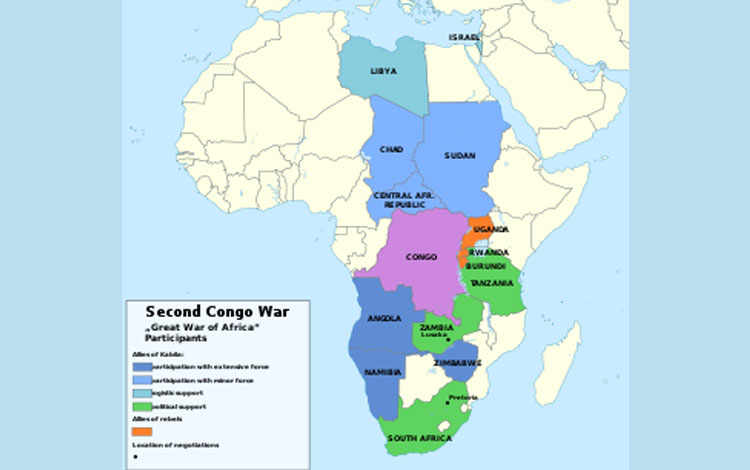Uganda’s proposal to nationalise its internet data exchange service has received severe criticism from industry players. Observers are of the view that the move will adversely impact Uganda’s booming ICT sector affecting the quality of services and discouraging investment.Uganda’s fast-growing online community with the potential for foreign investment, has attracted global giants like Facebook and Google.
The Uganda Communications Commission (UCC), the sector regulator, had published in June that the government proposes to set up a national Internet exchange point that will effectively replace existing private players offering the same service. The regulator has assured that the plan was still at the proposal stage and industry stakeholders will be duly consulted before implementation. According to data from UCC, about 40% of Uganda’s 40-million people use the internet. South Africa’s MTN Group and a subsidiary of India’s Bharti Airtel are the dominant telecommunications service providers in Uganda.
Kyle Spencer, executive director of Uganda Internet Exchange Point (UIXP), one of the private players observed that turning the exchange into a monopoly would lead to poor service quality, high data prices and dissuade investment in the sector .“It will substantially increase the perceived risk of doing business in Uganda and the creation of a monopoly would eliminate opportunities for private investment,” Spencer said. In 2018 a tax on access to key social media platforms was introduced by the Ugandan Government which was criticised for hurting Uganda’s digital economy by increasing data costs. According to Government officials, the social media tax raises much-needed revenue to finance public infrastructure. However, critics are of the view that the tax was aimed at curbing social media use and online criticism of the government. Social media platforms like Facebook, Twitter, WhatsApp, Google Hangouts, YouTube and Skype can be accessed only after paying social media tax.A new national broadband policy was also introduced In 2018, which critics say will force new investors in telecommunications services to rent capacity from an existing government-owned fibre optic cable.





